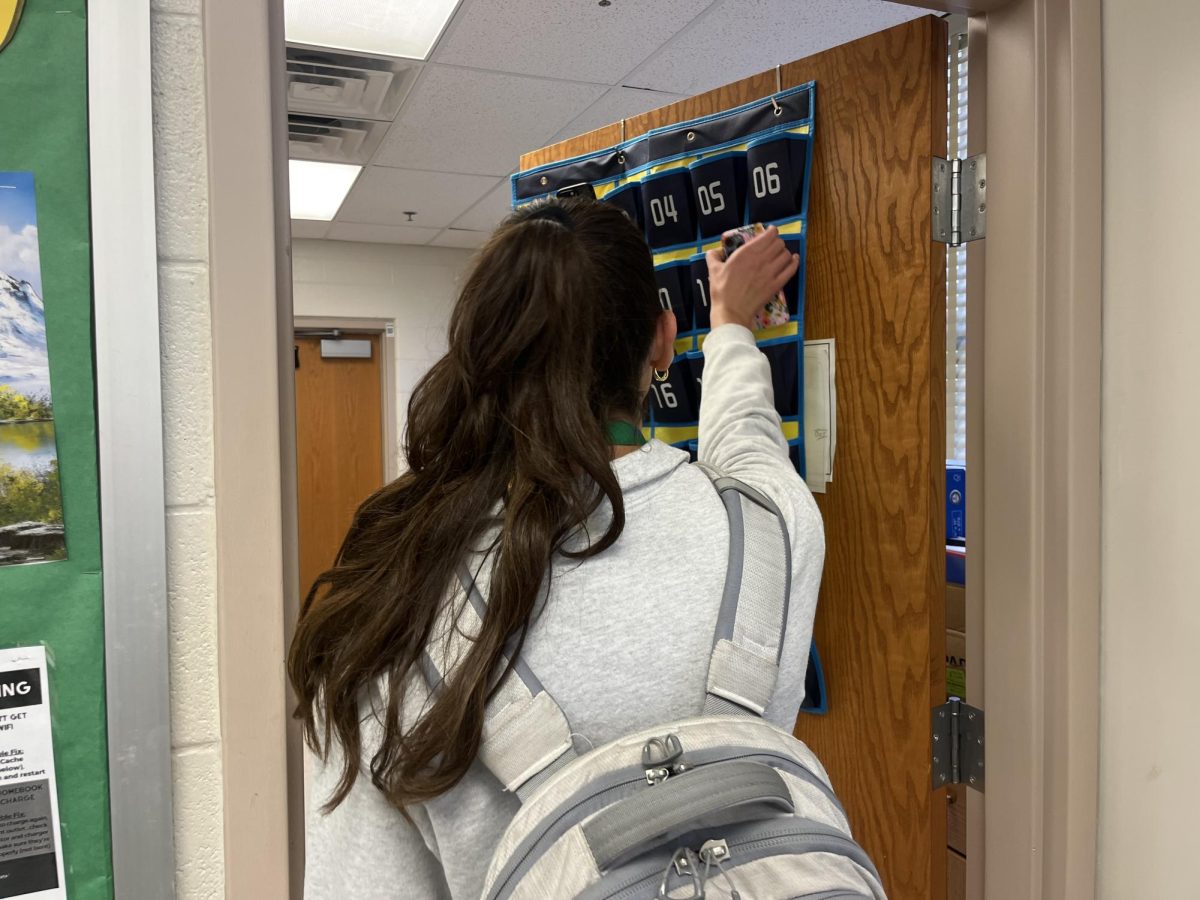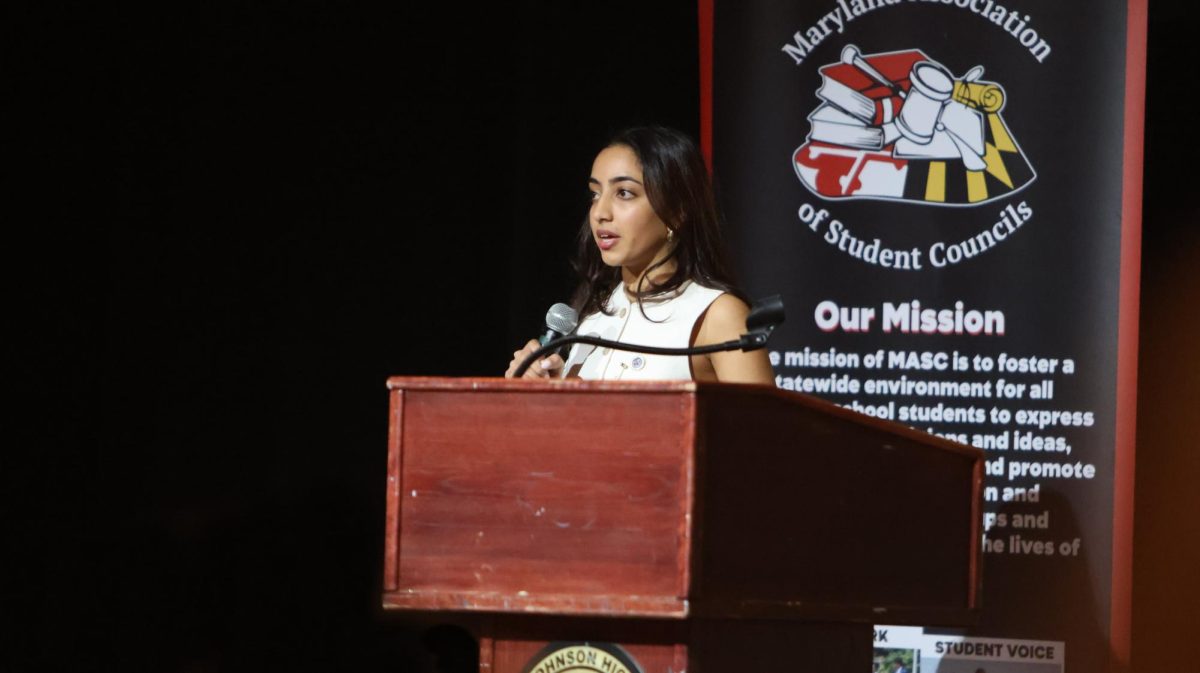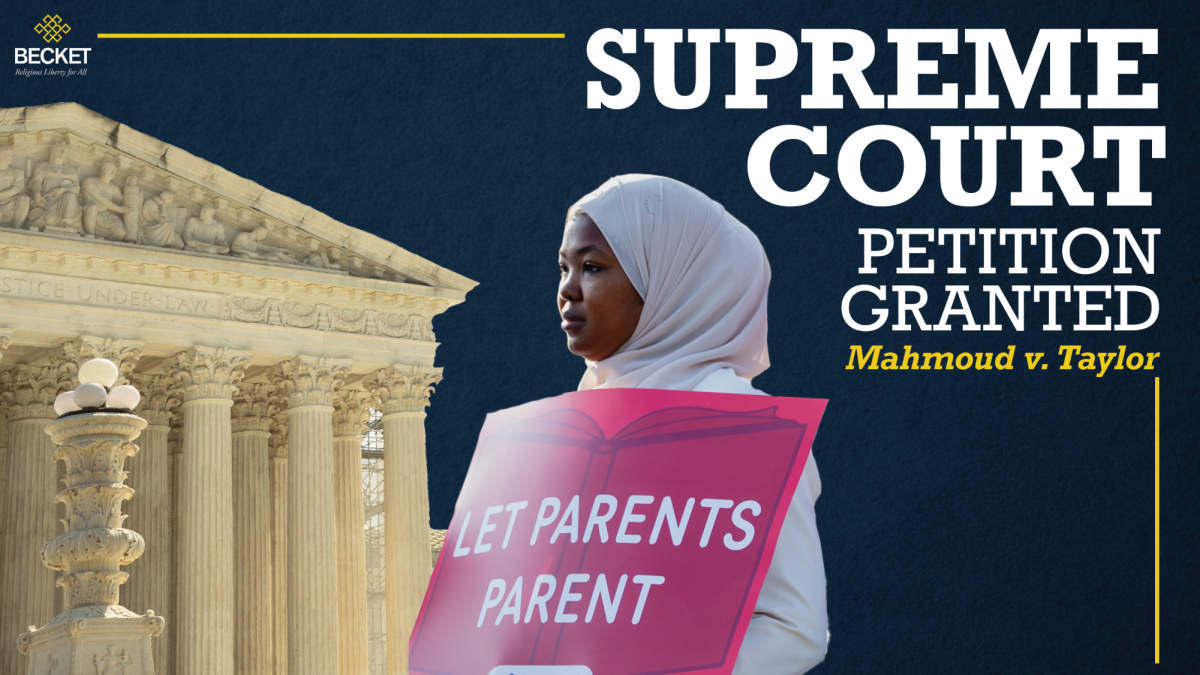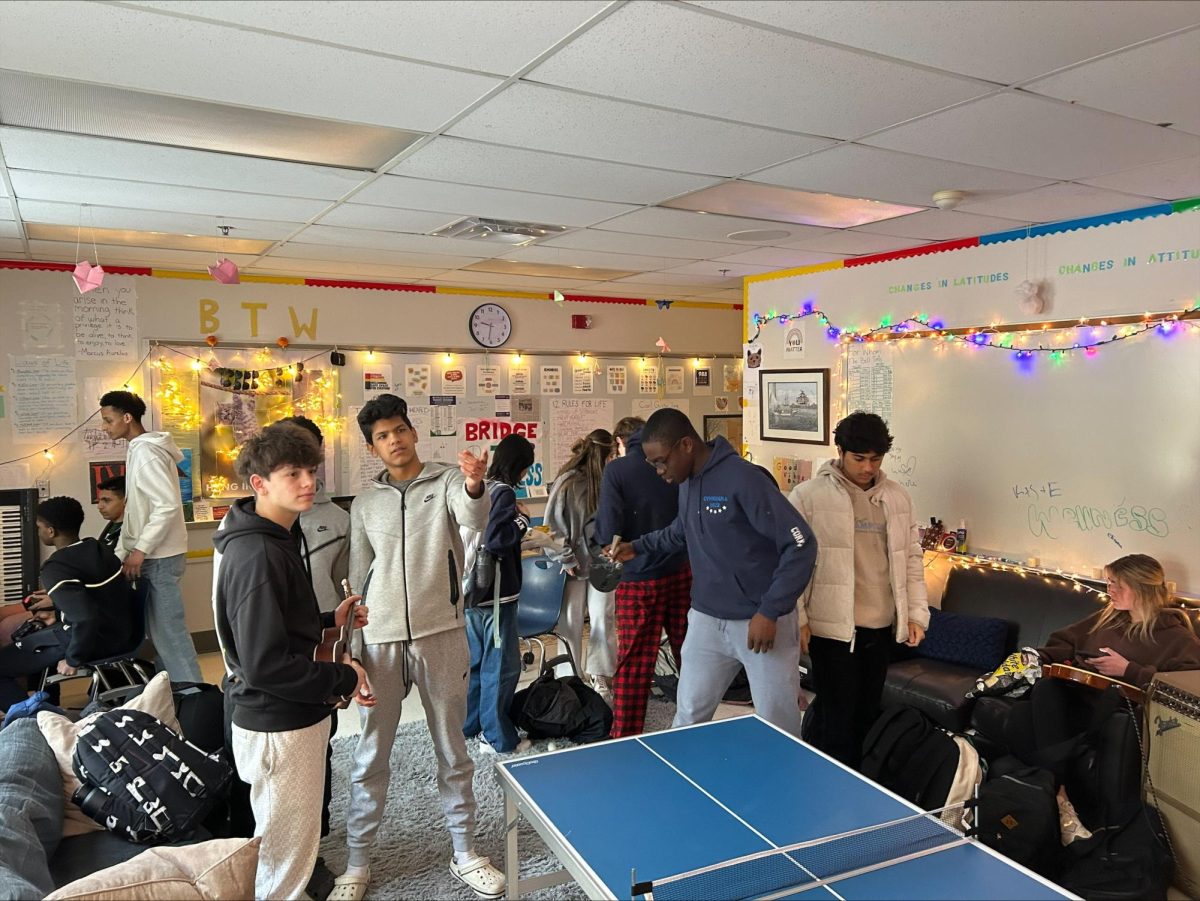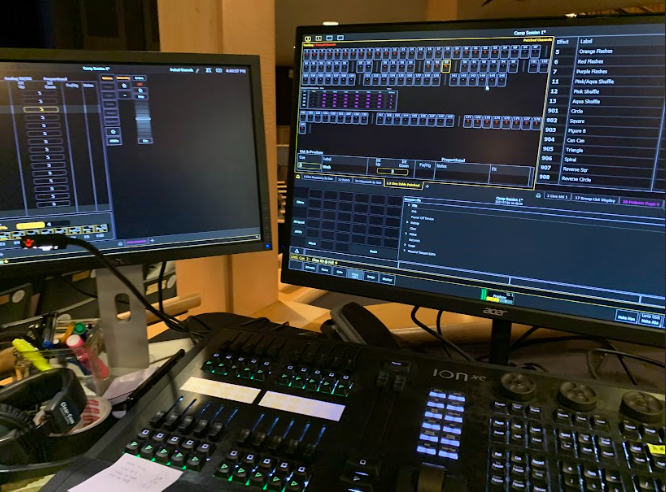PMD. An acronym many are not familiar with. WCHS students, however, know exactly what it means as they hear this phrase many times throughout the day. PMD stands for “Personal Mobile Device” and includes phones, Airpods, iPods, Macbooks and essentially any electronic device that is not an MCPS-issued chromebook. The term has gained recent popularity due to the new WCHS PMD Policy implemented at the start of this school year. The famous — or infamous — policy shocked many and evoked mixed reviews from students and staff, but has slowly become more accepted.
The policy was first mentioned in a “2024-2025 Welcome Back Newsletter” from WCHS Principal, Mr. John Taylor. It explained that students are now required to place their phones in “cubbies” at the front of the room during class in order to limit distractions and make learning more effective. It also reassured students that they would still be allowed to have their phones during passing periods between classes and lunch.
“MCPS and WCHS have always had a PMD policy that required the devices to be away and on silent during class time,” Taylor said. “We have interpreted that to mean bell to bell at WCHS. We wanted to create a policy that could be more consistently implemented and make it easier to check that this was happening to eliminate this distraction to instruction.”
Although the new policy was introduced through the newsletter, the shock for most students set in once the school year started. Many students either did not know about the policy or did not realize that it would be implemented on the very first day of school. When students walked into their homeroom classes, they were greeted by their teachers asking them to place their phones in a blue cubby near the front of the room for the duration of the class. The general consensus among students was that the policy was a negative change.
“I was frustrated when I first found out about the policy because it is inconvenient,” WCHS sophomore Eden Shaw said. “I am forgetful and was worried I would often leave my phone behind in my classes.”
At first, the policy was a hassle for teachers because it was adding an extra step that needed to be completed in the midst of their busy classroom routines. However, once students started to put their phones in the designated cubbies at the beginning of class without being asked, it actually made teachers’ lives easier.
“Having students store their phones up front has definitely improved my experience as a teacher because I know they are there and do not have to constantly walk around reminding students to put it in their bags and I can instead focus on teaching the lesson and giving students feedback on their work,” WCHS English Department Chair and teacher Jennifer Miller said.
Despite the initial shock of the policy change, students soon agreed with staff that the policy had benefits. Separating screen-addicted teenagers from their cell phones was destined to be a controversial policy, but after the strong emotions from students wore off, rational thinking came into play.
“I believe the PMD policy helps students stay on track for academic success,” WCHS junior Leah Sonnabend said. “It removes distraction and encourages students to stay focused in class. It helps students’ mental health because when they succeed in their classes it makes them happy. Also, now it is harder for students to cheat.”
Although students have accepted the fact that the policy is beneficial to their learning, it raises some safety concerns for students regarding how it would play out in an emergency situation as well as how it could lead to the isolation of students.
“One negative effect is that in case of emergency, students will not be able to get in contact with parents,” Sonnabend said. “It could also negatively impact students by making them feel isolated from their friends, experiencing FOMO (fear of missing out).”
Teachers, on the other hand, believe that the policy is a good way for students to get a break from the ongoing chaos online and be able to focus on the moment with a clear, focused mind that is ready to learn.
“I think students are more attentive and engaged in the lesson because they are not worrying about their phones,” Miller said. “It almost gives them a break from them without feeling like you are missing anything. I think there is a social benefit where students can actually engage with each other more and build those peer-to-peer relationships.”
No policy is ever perfect for all involved parties, but members of the WCHS community agree that this is a step in the right direction towards improving WCHS and improving the day-to-day life of both students and staff. Because of this, the policy is here to stay for the indefinite future.
“So far the feedback from teachers and parents is consistently positive and most students understand the reasoning behind the policy,” Taylor said. “We plan to continue with the policy without any changes for this school year. We will collect feedback and make any necessary changes next summer.”


